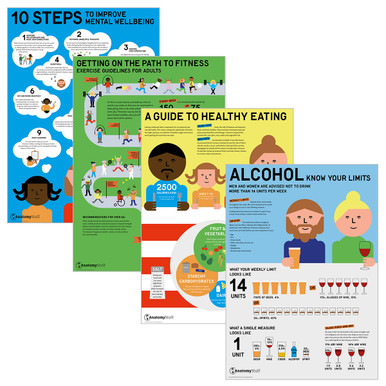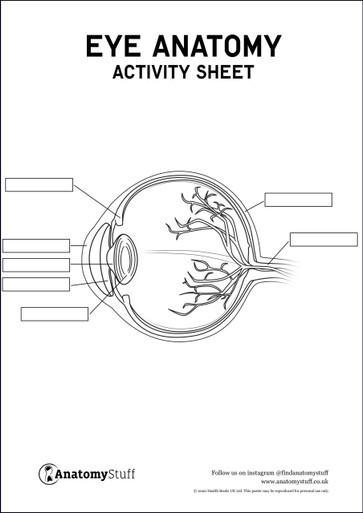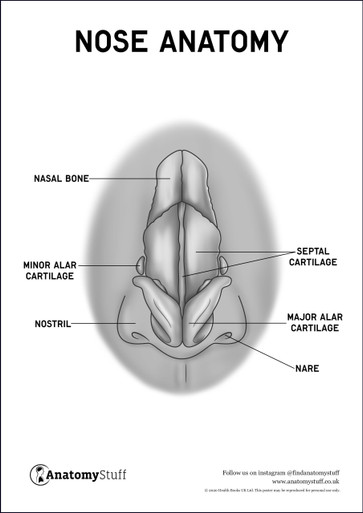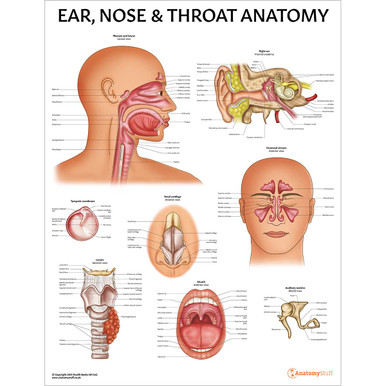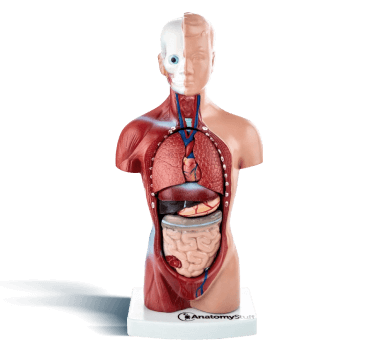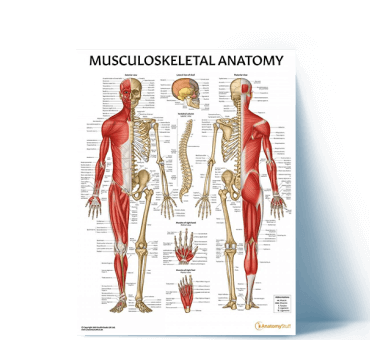Hay Fever – Everything You Need to Know
For many of us here in the UK, summer is arguably the most popular season. We enjoy long days, temperatures remain in double figures, occasionally the sun comes out for longer than an hour, and everybody seems to be in a much better mood. As enjoyable as summer can be, one of the biggest downsides to this time of year is the fact that hay fever is such a prominent problem.
If you’ve ever suffered with hay fever before, even a relatively mild case, you’ll know exactly how miserable it can make life and how uncomfortable it can be.
Suffering with hay fever can be difficult, uncomfortable, and even painful, but there are things we can do to manage our symptoms and even avoid them completely. To help you understand more about this common seasonal allergy, here’s a look at everything you need to know about hay fever.
What is hay fever?
In order to treat something, we must first understand what it is. Hay fever is a seasonal allergy most prevalent in the UK between late March and September.
Typically hay fever is at its most fearsome when the weather, by UK standards at least, is hot, humid, and windy. In the UK alone, 1 in 4 people suffer with hay fever, which is more than 16 million people.
Hay fever is sometimes known as allergic rhinitis and is a blanket term given to any type of pollen allergy.
In the UK, the three types of pollen responsible for allergies include:
• Tree pollen
• Grass pollen
• Weed pollen
All these plant species produce microscopic spores of pollen which are carried from one plant to another by the wind. Unfortunately, as these types of pollen are air-borne, hay fever sufferers breathe in these microscopic particles of pollen, which then trigger an allergic reaction in the body, causing the common symptoms associated with hay fever.
To make matters worse, hay fever sufferers are more likely to suffer from other health conditions driven by allergy, including asthma, food allergies, and eczema.
What are the symptoms of hay fever?
Some people may suffer with mild hay fever and barely notice, whereas others may suffer with extreme hay fever and experience severe symptoms.
Common symptoms associated with hay fever include the following:
• Runny nose
• Sore eyes
• Swollen eyes and face
• Itchy eyes
• Sore throat
• Dry tickly cough
• Blocked nose
• Sinus pain
• Headache
• Wheezy chest
• Earache
• Pressure headache
• Lethargy
• Feeling unwell
• Shortness of breath
• Tight chest
• Watery eyes
Free PDF Downloads
View AllTips for treating and managing hay fever
Despite many of hay fever’s symptoms feeling similar to a common cold, the main downside is that, rather than lasting for days, hay fever can last for weeks, if not months. In fact, those who suffer with severe seasonal allergies find that they only enjoy a true respite from their symptoms during the cold winter months.
The good news is that there are things you can do to treat and manage your hay fever and the symptoms that go with it. These include the following:
Take an antihistamine
Antihistamines can be purchased over the counter here in the UK, and for many hay fever sufferers, they’re a true lifeline.
Antihistamine tablets block the effects of histamine in the body. Usually, the body produces histamine when it detects a problem, such as an illness or infection. Histamine may help the body, but the physiological processes it triggers cause many of the common symptoms that allergy sufferers experience.
Wear a mask
Three years ago, people wearing masks in public would likely have felt very self-conscious. As a result of the COVID-19 pandemic, however, wearing masks in public is now the norm for a lot of people. This is good news for hay fever sufferers.
Wearing a mask will help prevent hay fever or reduce the symptoms, at least because it will reduce the amount of pollen you breathe in. The less pollen you inhale, the less severe your symptoms will be.
Use Petroleum Jelly around your nostrils
This may sound like an old wife’s tale, but it actually comes directly from the NHS website itself.
If you smear a thin layer of petroleum jelly around your nostrils, the pollen spores will get stuck to the petroleum jelly rather than being inhaled by you. As they can’t enter your body, they can’t trigger the allergic reactions we commonly see with hay fever.
Keep doors and windows closed
On days when the pollen count is very high, if possible, try to keep your doors and windows closed and stay indoors.
If you have your doors and windows open, pollen in the air can enter your home, where it will then be breathed in by you. Once you’ve breathed it in, the hay fever symptoms will soon rear their ugly heads. Keeping doors and windows closed will significantly reduce the amount of pollen that can enter your home.
Where possible, avoid drying clothes outside on high pollen days, as pollen can stick to the clothes.
Use a cold compress
While a cold compress won’t prevent hay fever, it will help manage the symptoms.
If your eyes and face are swollen, dry, and itchy, a cold compress will help take down the swelling, hydrate the area, and soothe the itching. Simply take a clean washcloth, submerge it in cold water or ice water if you can, and lay it over your eyes and face for five to ten minutes.
Other tips
Wraparound sunglasses will help protect your eyes from pollen.
Fresh flowers, pets and certain foods can aggravate hay fever and dairy, in particular, can increase congestion so avoid any foods that make your allergy worse.
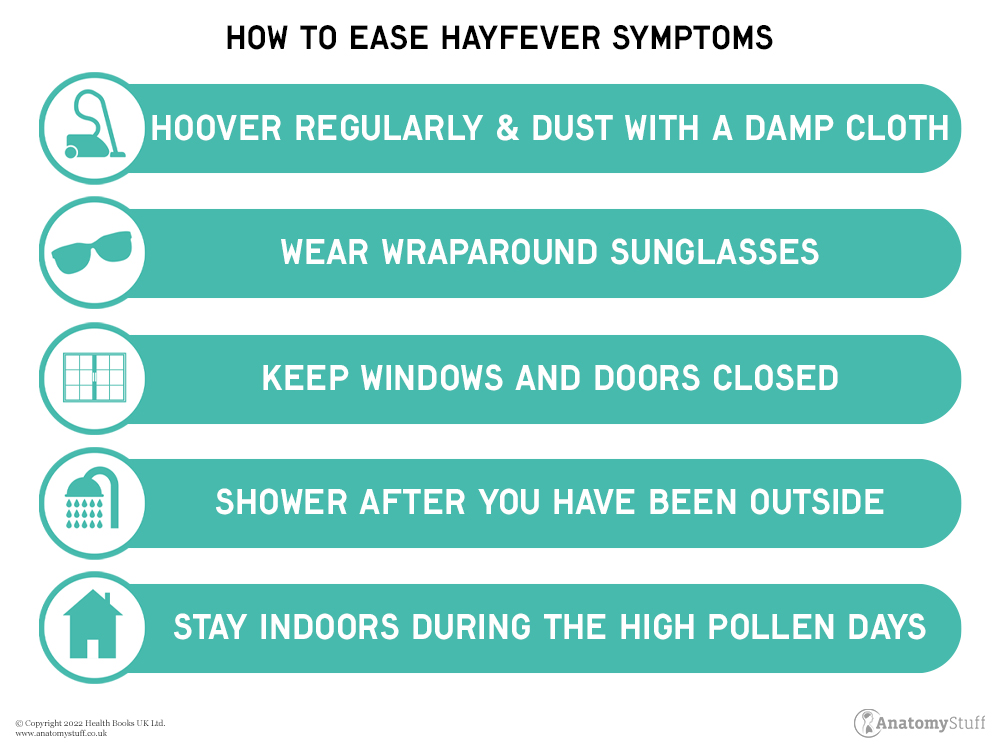
Final thoughts
So yes, hay fever is a nuisance, and sufferers go through agony in the high-pollen season, but to be positive, small lifestyle changes and the good treatments that are out there, are at least worth a try.
Related products
View All